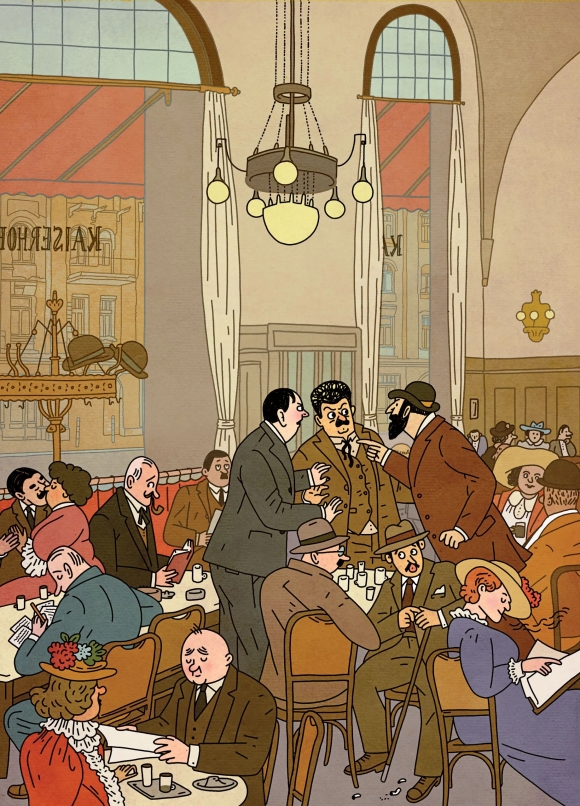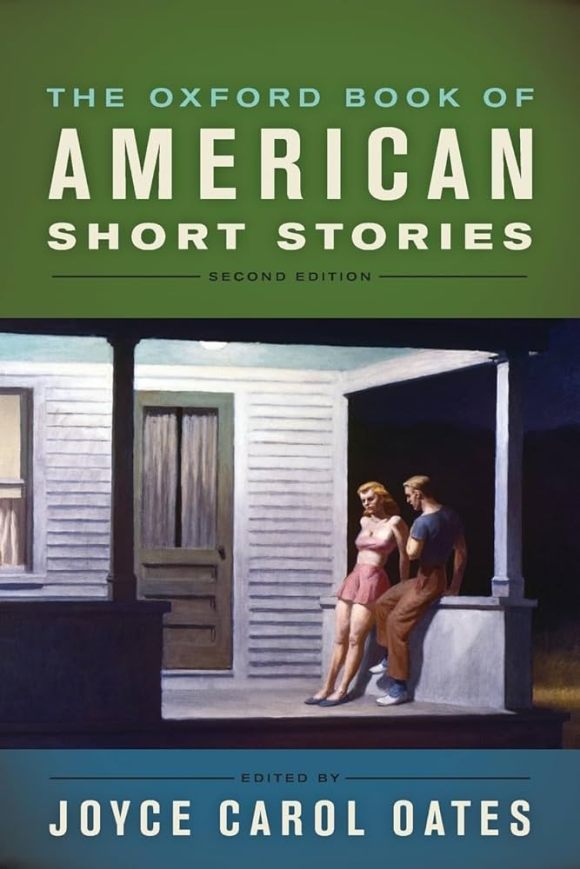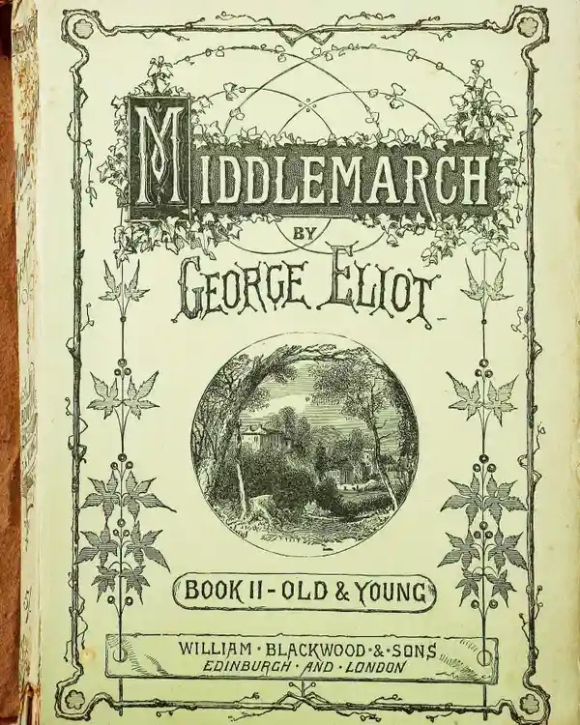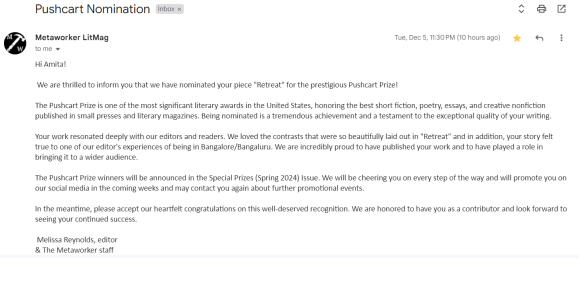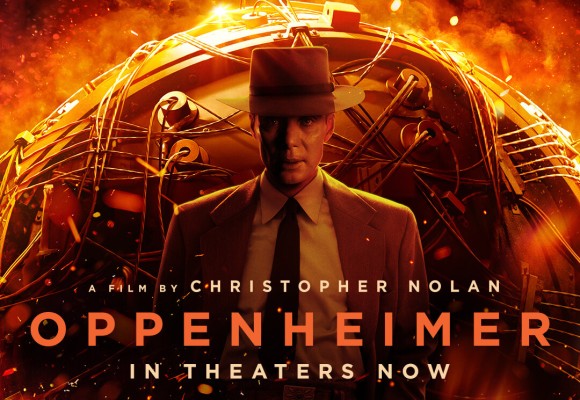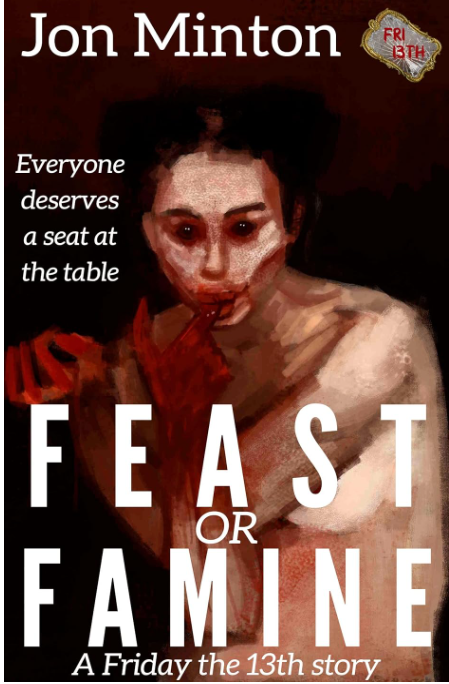(Image Source: http://www.cocosse-journal.org/2017/06/bookmark-gentleman-from-san-francisco.html)
What I Read: Mostly short stories from Electric Literature, and Everything Change Climate Fiction Volume II. Began reading a volume of short stories, and a novel.
- Rachel Harrison’s matter-of-fact magic-realist story addresses overdone themes: thwarted love, beauty, #revengebody, and the toxicity and intimacy of female friendship. As such, “I bought this Goblin App and All I Got Was This Eating Disorder” should be dull and predictable. It’s not. As if on a dare, it avoids every predictable trope. Think the Goblin is a feisty imp? Wait till you watch the narrator wake up.
https://electricliterature.com/goblin-rachel-harrison/ - In Helen Phillip’s “The Knowers,” the narrator learns the date on which she will die; her partner learns part of the date. This discrepancy of knowledge, and deeper disagreements about the narrator’s decision to become a “knower” in the first place – weave into a taut narrative, and climax with a sincere, if weightless, hopefulness.
https://electricliterature.com/the-knowers-helen-phillips/ - Janet Frame demonstrates mastery of artful artlessness in her flash story “My Last Story.” She starts off declaring she won’t write any more stories – then dexerously does just that.
https://electricliterature.com/my-last-story-janet-frame/ - Bob Dylan comes home to small-town Thanksgiving dinner in Marie Helene Bertino’s “North Of.” The narrator has got away, got successful, and feels guilty, but not really. Dinner-guest Bob Dylan helps cook dinner, gets punched, and throws punches. Self-absorbed, he’s less a spectator and more a bystander at a chaotic family reunion that slahes open old wounds.
https://electricliterature.com/north-of/ - Karen Russell’s novelette-going-on-novella is a striking urban fantasy. In “The Graveless Doll of Eric Mutis,” four adolescent boys find a scarecrow that looks likes someone they know – and are forced to look back into their own past. This sensitive exploration of why we bully is crafted as an unravelling of the bullies’ own defences. The horror is subtle but burrows deep.
https://electricliterature.com/the-graveless-doll-of-eric-mutis-by-karen-russell/ - In Tony Dietz’s “Darkness Full of Light,” the narrator starts off a spoiled brat, and ends up reexamining family loyalties in a post-apocalyptic world where some humans have become Atlanteans. The epiphanies are somewhat contrived, but this is a well-structured story.
https://csi.asu.edu/story/darkness/ - In David Samuel Hudson’s “Luna,” the narrator has stayed back in a dying city to look after an orca. In turn, Luna the ‘killer whale’ is the last dolphin from her pod who has stayed back with her human friends. Pregnant, starving, confronting a grim reality clear-eyed. And Luna’s not the only one about to bring life into a bleak world. In the background, unifying the story, is the theme of a couple’s love, and their dialectic of despair and hope in a dying world.
https://csi.asu.edu/story/luna/ - In Rebecca Lawton’s “Tuolumne River Days,” water scarcity has spawned new laws and a new psychological disorder. Our narrator enjoys baseball, and trekking by a now-dead river. As a journalist, she ends up in the middle of a baseball-player’s public-relations mess. Even post-Apocalypse, rich people get their way, and will do anything to keep this a secret.
https://csi.asu.edu/story/tuolumne/ - Ivan Bunin’s selected stories: In A Far Distant Land. The first Russian to win the Nobel Prize for Literature. He’s also the most recent Russian I’ve read; quite a contrast to Tolstoy, Gogol, and Dostovevsky; even to Chekhov. Bunin’s language is baroque, and this lavishness feels earned. He seems to have a mind broader and deeper than the rest of us.
“Noosiform Ears” is particularly striking. (This story is more popularly translated with the title “Loopy Ears.”) This story gets to the marrow of the existential disenchantment that we too often fancy is a plague peculiar to our generation. It’s not. It takes courage to see so far into our heart of darkness, and still keep living. To face Kundera’s “unbearable lightness of being” and still to keep oneself weighted down with desires and ethics. The universe doesn’t care what we do or what happens to us. How do we manage to make ourselves care?
I rarely feel interested in writers personally: a good story is self-sufficient. But after reading this one, I turned the book over to examine his portrait with interest and respect. A great story makes me want to know where it came from.
Couldn’t find the story online, but found this article about it:
https://www.cambridge.org/core/journals/slavic-review/article/crime-without-punishment-ivan-bunins-loopy-ears/E14739415EEBFCFF51D2D6EC7EBC02D6
Have read half the stories; will review the book next week.
https://trove.nla.gov.au/work/26738535?q&versionId=32201293 - Began reading Bleak House, one of the few Dickens novels I’ve not read. He’s one of my favourite novelists: I’m embarrassed not to have read him all already, and delighted to read one of his novels for the first time.
http://www.gutenberg.org/ebooks/1023
Read anything interesting this week? How are you coping with the pandemic? Are you interested in the personal lives of writers or artists – or do you prefer to know nothing of them? Do you seek out biographical information, or avoid it? How much do you need, or want, to know about the person behind the art?
Enter your email ID for weekly updates about new articles and stories.

